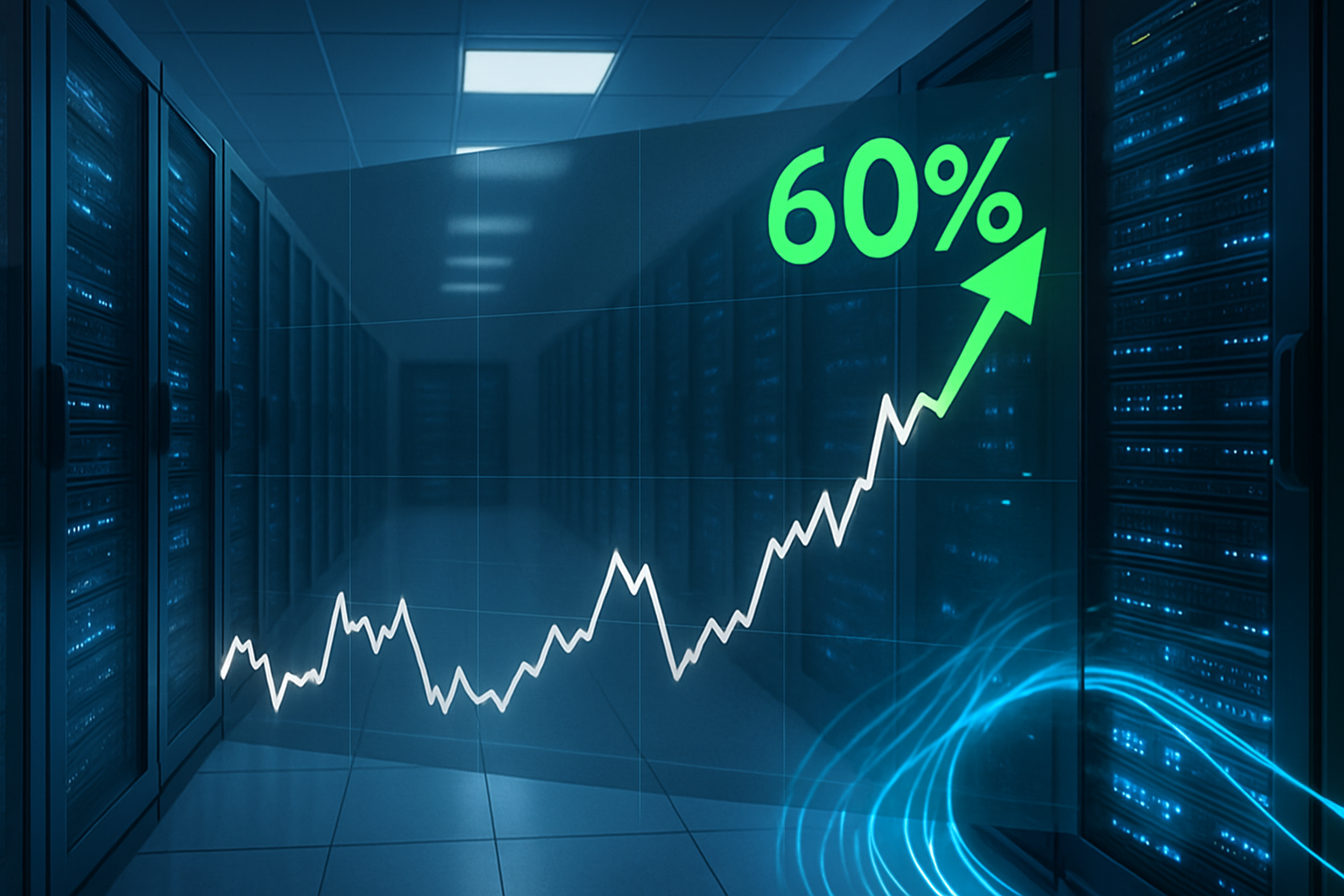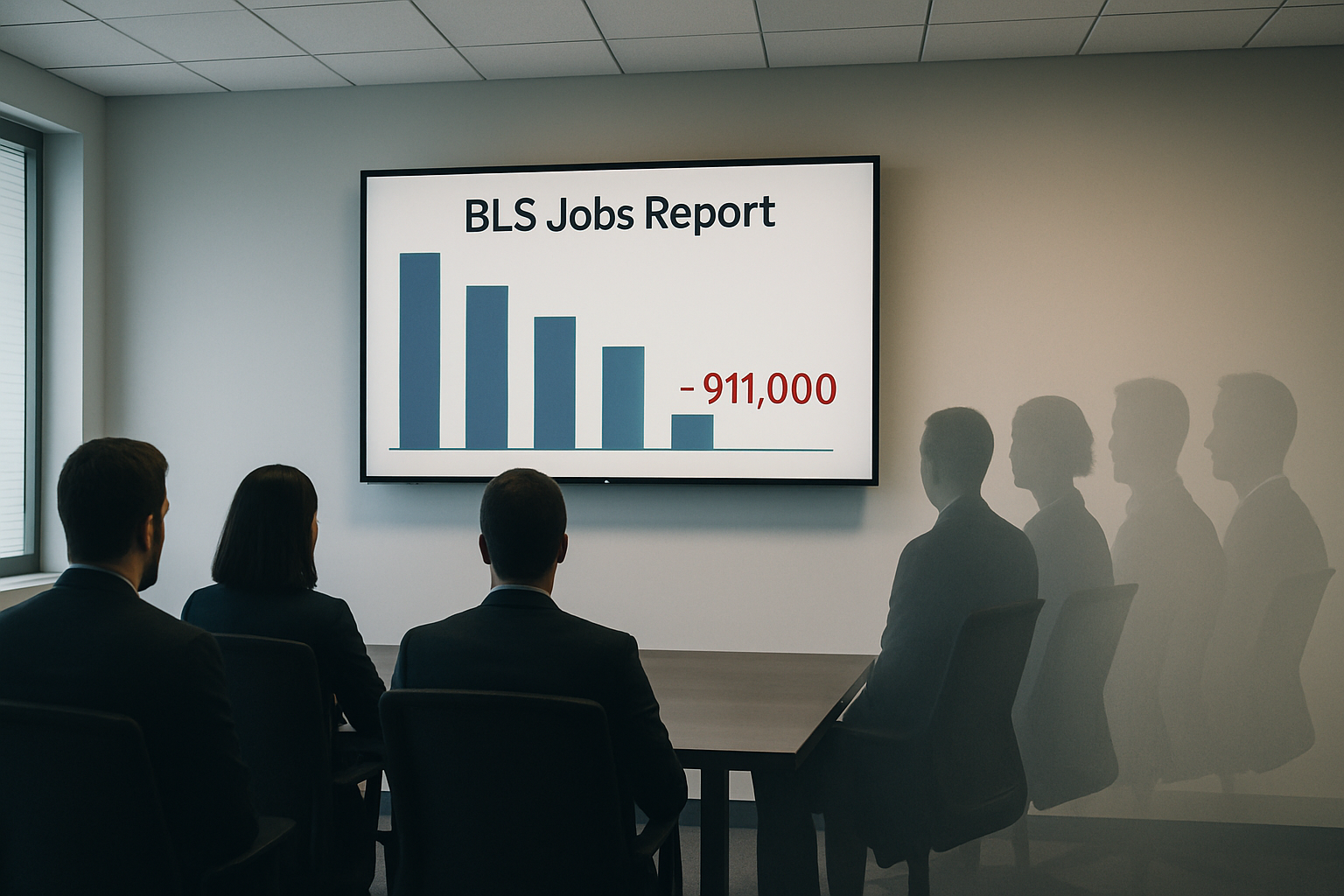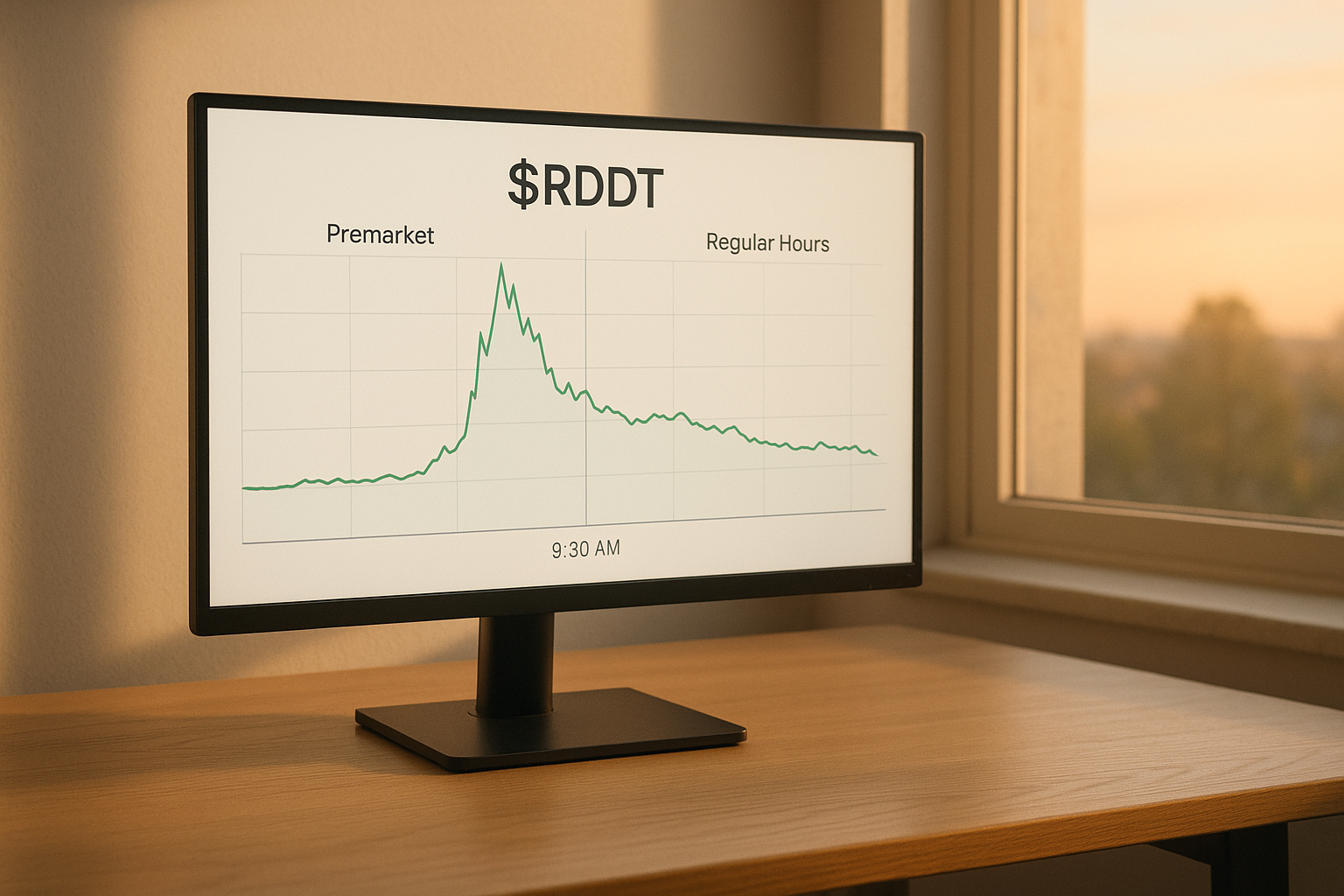The conversation around stimulus checks has changed dramatically since the height of the pandemic. In my conversations with economists and policy experts, there's a growing consensus that we're entering a new phase of economic recovery - one that requires more nuanced approaches than the broad-based stimulus of 2020-2021.
Government officials seem hesitant to implement new direct payment programs, partly due to inflation concerns and partly because unemployment has stabilized in many regions. Instead, we're seeing a shift toward targeted relief programs aimed at specific sectors or demographics still struggling with post-pandemic challenges.
I was chatting with a small business owner in Detroit last week who told me, "The stimulus checks kept us afloat in 2020, but what we need now is predictable policy and supply chain stability." This sentiment seems to be echoed across various industries - the immediate crisis has passed, but the economic landscape remains uncertain.
Global markets are responding to this shift in approach. Countries that have pivoted to infrastructure investment rather than direct payments seem to be experiencing more sustainable growth patterns. Meanwhile, economies that relied heavily on consumer spending boosts from stimulus are facing adjustment challenges as that temporary support fades.
What's fascinating (and a bit worrying) is how differently the recovery is playing out across different economic sectors. Tech and finance have bounced back strongly, while service industries and small retail businesses continue to struggle in many regions.
For ordinary folks trying to plan their financial futures, this transitional period requires caution. The days of government checks appearing in bank accounts may be behind us, which means building personal financial resilience is more important than ever.




